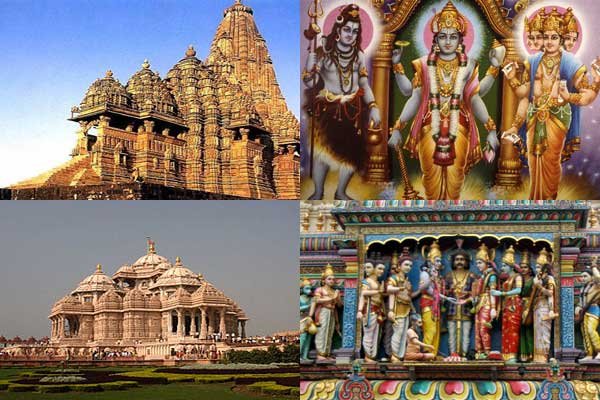Hindu religion is one of the oldest and most diverse religions in the world, with a rich tapestry of traditions that have been passed down through generations. These traditions form an integral part of Hindu culture and are deeply rooted in spiritual beliefs and practices.
One of the key aspects of Hindu religion is its belief in the concept of dharma, which encompasses moral and ethical duties that individuals must fulfill in order to lead a righteous life. These duties vary based on one’s caste, age, gender, and occupation.
Another important tradition within Hinduism is the worship of deities. Hindus believe in a multitude of gods and goddesses, each representing different aspects of life and nature. Rituals and ceremonies are performed to pay homage to these deities, seeking their blessings for prosperity, good health, and spiritual well-being.
The practice of yoga and meditation is also deeply ingrained in Hindu tradition. Yoga is not only a physical exercise but also a means to attain spiritual enlightenment and union with the divine. Meditation helps individuals to quiet their minds, achieve inner peace, and connect with their higher selves.
Festivals play a significant role in Hindu tradition as well. These celebrations are marked by elaborate rituals, vibrant decorations, music, dance performances, processions, and feasts. Some popular festivals include Diwali (Festival of Lights), Holi (Festival of Colors), Navaratri (Nine Nights), Raksha Bandhan (Bond of Protection), Ganesh Chaturthi (Birth anniversary of Lord Ganesha), among many others.
Overall, Hindu religion embraces a wide range of traditions that contribute to its rich cultural heritage. These traditions provide guidance for leading a virtuous life while fostering a deep sense of spirituality among its followers.


Add a Comment